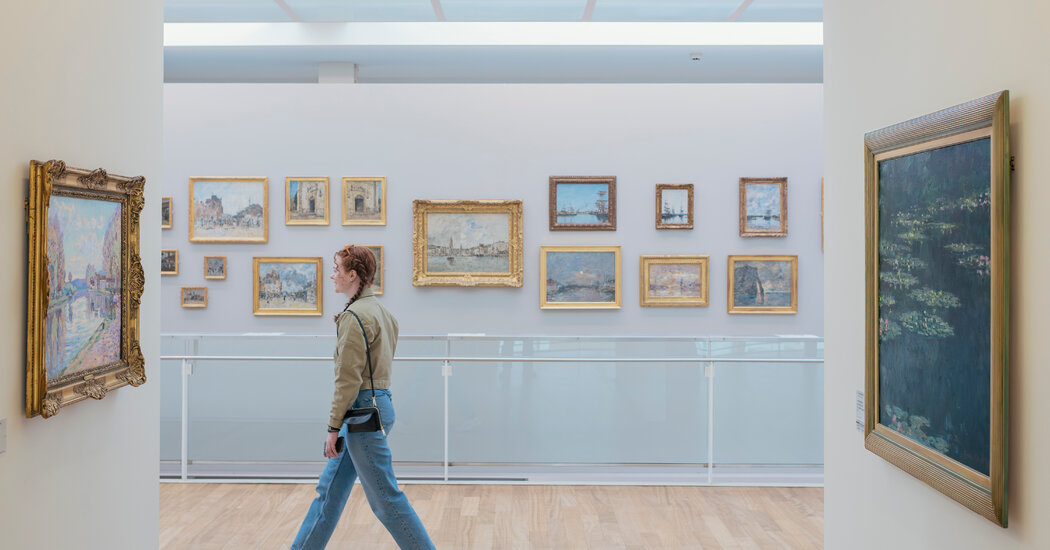
Lessons from the past continue to influence and inspire today’s globalized art world.
This personal reflection is part of a series called Turning Points, in which writers explore what critical moments from this year might mean for the year ahead. You can read more by visiting the Turning Points series page.
Turning Point: In 2024, 150 years after the first Impressionist exhibition forever changed the art world, Adriano Pedrosa became the first Latin American curator in the history of the Venice Biennale.
The Impressionist movement, which began in the late 19th century and became a landmark in modern art, was the effort of artists who found that academic standards were stagnating their creative processes. Seeking liberation, they decided to follow their intuitions and perceptions. They were fundamentally guided by the cycles of nature.
Today, 150 years after the first Impressionist exhibition, this movement is still captivating because it inspires us to rethink cultural conventions and the power structures that rule as arbiters of taste. Visually, the legacy of Impressionism challenges us to find new artistic styles depicting our personal relationships with the surrounding world. Socially, this legacy helps us examine the people whose work — and stories — we choose to showcase at museums and galleries.
Back in 1874, after the Impressionists were rejected by the official government-sponsored Salons, they used the studio of the photographer Gaspard-Félix Tournachon (known as Nadar) for their first exhibition. The courage, determination and intelligence of these artists, especially Claude Monet, opened a rich field of questions about visual reasoning. This group of artists was mainly based in France, a country that dominated the art world and set the cultural, artistic and educational standards of that era.
In the 21st century, there is no longer room for isolated movements or overarching themes that define an entire era. Cultures, countries and continents don’t hold absolute economic power, which traditionally dictated intellectual supremacy and shaped historical development.
We are having trouble retrieving the article content.
Please enable JavaScript in your browser settings.
Thank you for your patience while we verify access. If you are in Reader mode please exit and log into your Times account, or subscribe for all of The Times.
Thank you for your patience while we verify access.
Already a subscriber? Log in.
Want all of The Times? Subscribe.
